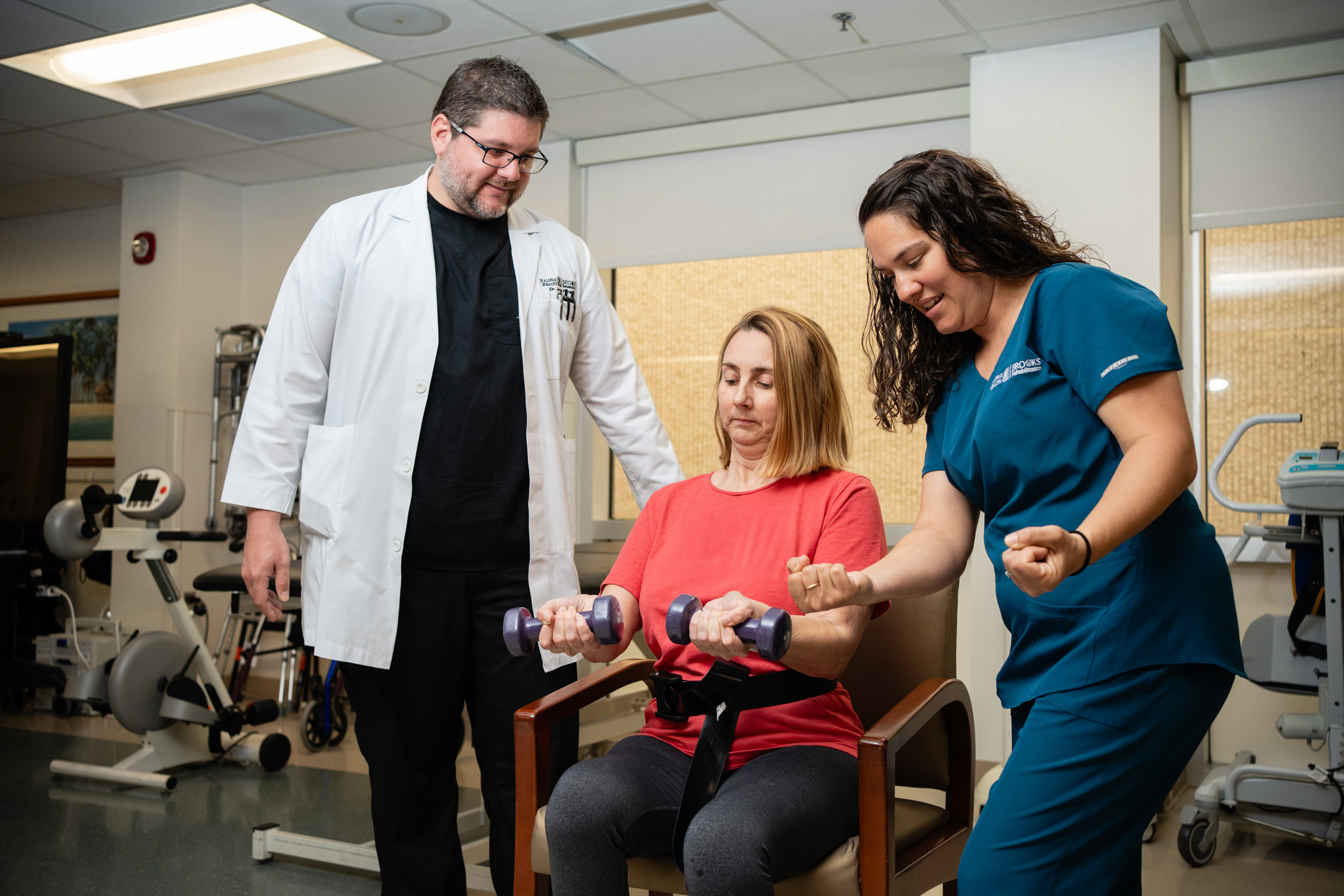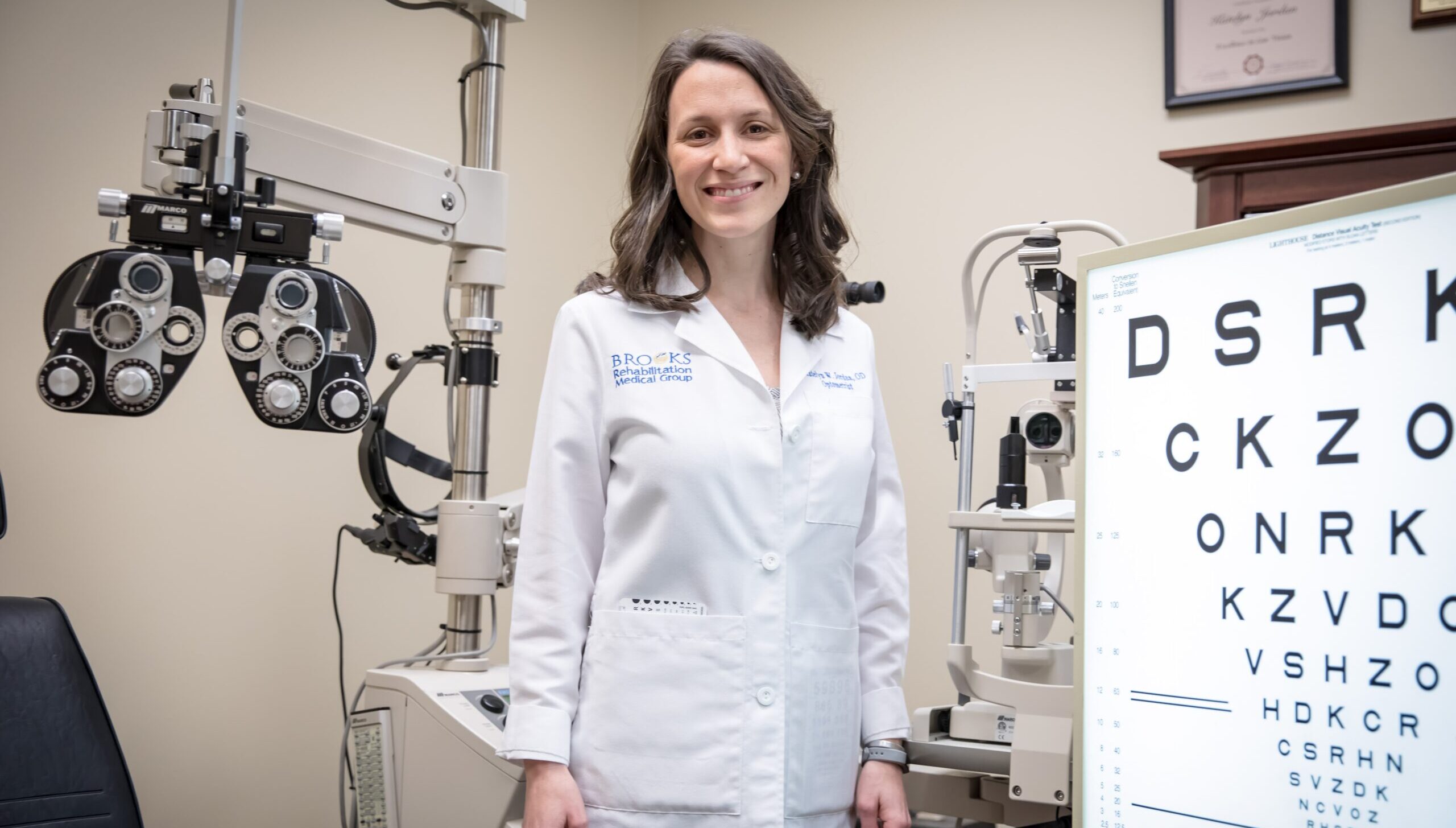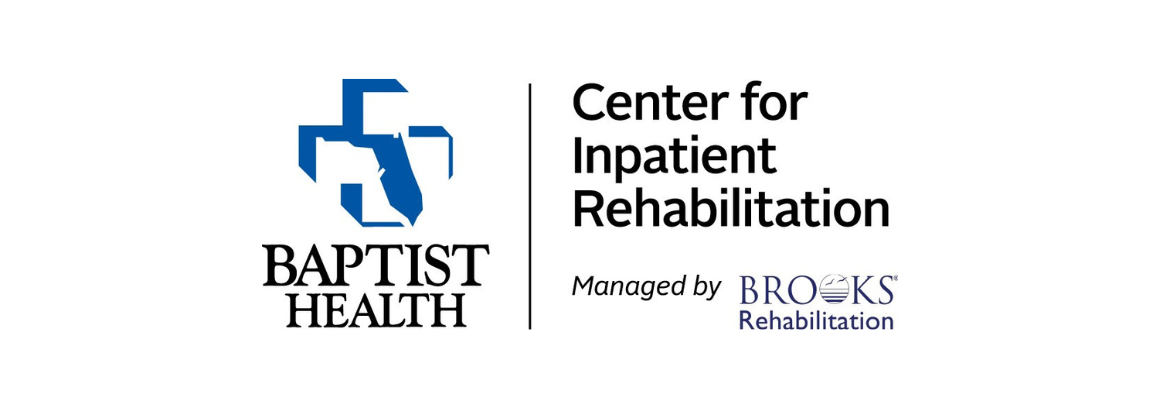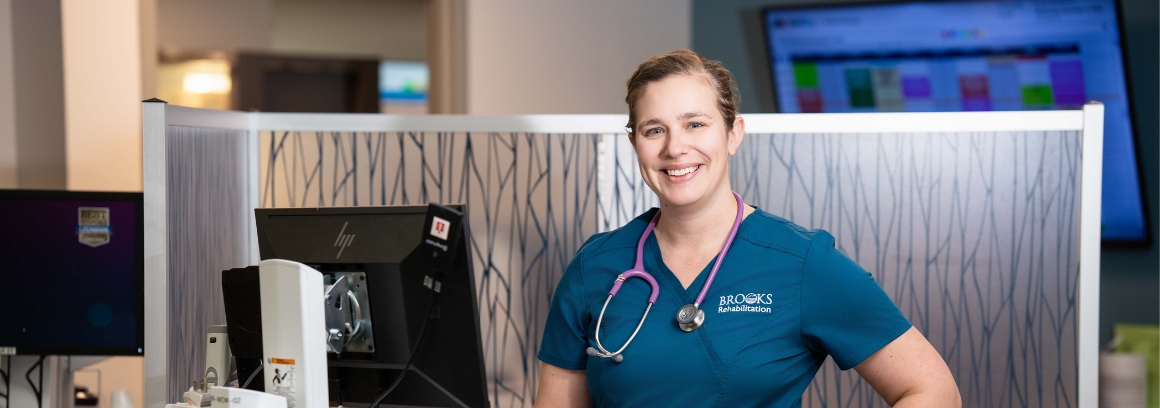What is Guillain-Barré syndrome?
Guillain-Barré syndrome (GBS) is a rare neurological disorder in which the body’s immune system attacks the peripheral nerves by mistake. These nerves are a network connecting the brain and spinal cord to the body. GBS can cause muscle weakness, numbness and, in severe cases, paralysis.
Causes of Guillain-Barré Syndrome
The exact cause of GBS is unknown. However, most cases occur after an infection, like a respiratory illness or stomach virus. Some people experience it following surgery, vaccination or another event that activates the immune system.
Guillain-Barré Syndrome Symptoms
Symptoms often come on quickly and may include:
- Breathing issues
- Difficulty with balance or walking
- Muscle weakness (usually starting in the legs)
- Numbness or tingling in the hands and feet
- Pain in the back, arms or legs
- Reflex loss or decreased reflexes
- Trouble with eye or facial movements
How Is GBS Treated?
Treatment in the hospital focuses on reducing the immune system’s attack on the nerves and managing symptoms.
Common therapies include:
- Intravenous immunoglobulin (IVIG) uses healthy antibodies to block the damaging immune response.
- Plasma exchange (plasmapheresis) filters harmful antibodies out of the blood.
Hospital care also includes monitoring breathing, heart rate and other vital signs to prevent complications during recovery.
Long-Term Effects of Guillain-Barré Syndrome
Nerve damage from GBS can cause lingering symptoms that affect daily life. These issues can make everyday tasks more difficult and may require ongoing support.
Long-term effects of Guillain-Barré syndrome may include:
- Difficulty with coordination or balance
- Numbness or tingling that doesn’t entirely go away
- Ongoing fatigue
- Pain from nerve damage
- Persistent muscle weakness
Rehabilitation After GBS
Brooks offers specialized services that help you make a smooth transition back to your regular routine. Our comprehensive Guillain-Barré syndrome rehabilitation program provides:
- Neurological rehabilitation expertise, care delivered by specialists who understand the unique recovery process of GBS
- Specialized therapies, including physical, occupational, speech and respiratory therapy using the latest methods and technologies
- Day treatment program, full-day therapy that helps you build strength, improve function and stay active in your recovery
- Support for daily activities, personalized guidance that helps you safely return to tasks like dressing, cooking, driving or working
Why Choose Brooks for GBS Rehabilitation?
At Brooks, Guillain-Barré Syndrome rehabilitation is guided by clinicians specializing in neurorehabilitation. Our team includes fellowship-trained physical medicine and rehabilitation doctors, neuropsychologists, nurses, therapists, case managers, dietitians and others. We work together to help you get the most out of your recovery.
Highlights of our program include:
- Neuro-trained therapists: Our therapists are specially trained in conditions that cause nerve damage and muscle weakness. This specialization enables us to recognize subtle changes in strength or coordination and adjust rehabilitation techniques in real time. We carefully monitor your progress to help you avoid joint stiffness or overuse injuries that could slow recovery.
- Specialized support for walking and mobility: We use high-intensity gait training and electrical stimulation (e-stim) to help activate weakened muscles and improve step quality. These techniques can speed up your return to safe, independent walking even if you begin rehabilitation using a walker or wheelchair. Learn more about our motion analysis center.
- Structured therapy to accelerate your recovery: Our day treatment program provides neurorehabilitation services five hours a day, five days a week. With multiple therapies and expert support in one setting, we help you make steady progress toward your recovery goals. Get more information about our day treatment program.
FAQs About Guillain-Barré Syndrome Rehabilitation
Is Guillain-Barré Syndrome an autoimmune disorder?
Yes, it is an autoimmune condition. Guillain-Barré Syndrome typically develops after an infection, like a stomach bug or respiratory illness. It causes the body to attack the protective lining of the peripheral nerves, which disrupts nerve signals.
How fast does Guillain-Barré Syndrome progress?
Symptoms often come on suddenly. A person with this condition may be unable to get out of bed and require hospitalization within a few days. This rapid progression can make it especially alarming. But early medical treatment with IVIG or plasma exchange can help limit nerve damage.
Can Guillain-Barré Syndrome come back after recovery?
For most people, it is a one-time event. A small percentage of patients experience a relapse or develop a related condition called CIDP (chronic inflammatory demyelinating polyneuropathy). CIDP has similar symptoms but progresses slowly and may require long-term management. Anyone experiencing new or returning symptoms should speak with a neurologist right away.
Request Care
Find out more about becoming a patient and learn about rehabilitation for Guillain-Barré syndrome.Latest News and Health Resources
Education and guidance to support your recovery
Q&A with Katelyn W. Jordan, OD, FAAO, FNAP
Katelyn W. Jordan, OD, FAAO, FNAP, director of Vision Rehabilitation Services, has been with Brooks for 12 years. Dr. Jordan graduated with her doctor of optometry, Magna Cum Laude,...




